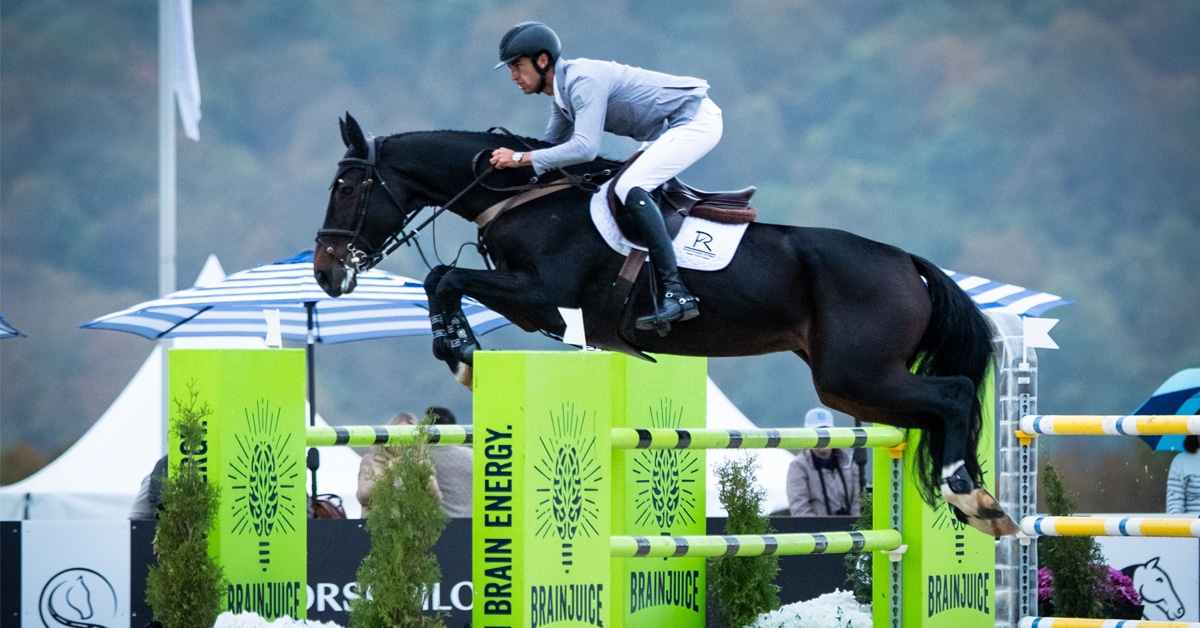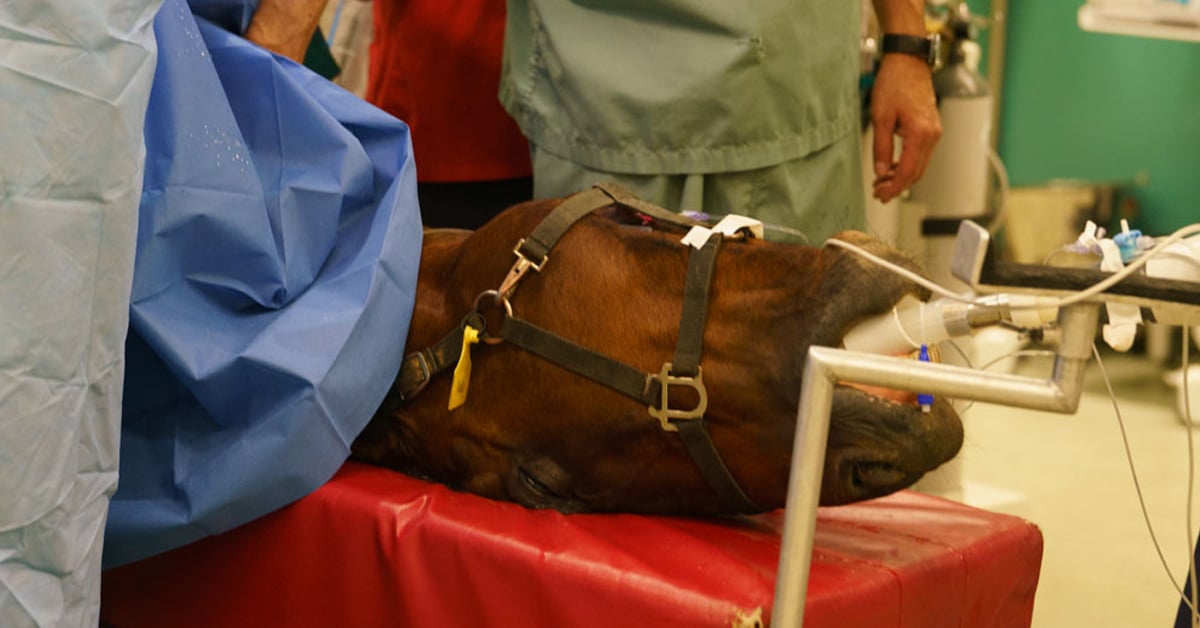Stronger use of the yellow warning card for whip misuse and repeat blood offenders has been proposed by the FEI eventing committee. The lesser sanction of the “recorded warning” will also be subject to “totting-up” for the first time, in new rules now out for consultation with national federations.
The tougher and more detailed sanctions result from a review announced shortly after Lexington and Badminton, which was triggered by social media furore about blood and whip incidents involving Marilyn Little and Oliver Townend at those two events respectively.
Townend received a “recorded verbal warning.”
Main proposals:
- Recorded warning replaces the recorded verbal warning.
- Permissible use of the whip reduced from three times “per incident” to two. Multiple excessive use between fences is abuse.
- Any marked or broken skin is excessive use.
- All excessive whip use receives a yellow warning card as a minimum, with stronger additional sanctions possible.
- New differentiation between “athlete-induced blood” and accidental minor lacerations caused by the horse catching itself on a fence.
- All cases of minor blood caused by the athlete, either in the mouth or on the flanks, i.e. by spurs, receives a recorded warning as a minimum, after a hearing with the ground jury.
- Two recorded warnings for athlete-induced blood in three years receives an automatic yellow card (subject to legal checks that FEI General Regulations can be changed).
- Two recorded warnings for the same offence – automatic yellow card.
- Blood still reviewed case by case. In eventing dressage, the horse may continue if there is no “fresh” blood upon veterinary examination.
At the moment, in all FEI sports the receipt of two yellow cards for any reason within 12 months results in an automatic two-month suspension. Eventing wants this increased to four months.
Eventing is not the only discipline seeking more “bespoke” sanctions tailored to the more worrisome issues in its own sport. Recently, FEI endurance introduced a new category previously handled by yellow card – the “Incorrect Behaviour” form. This is handed to anyone rude to officials, any other party connected with the event including media and spectators, doping control officers, testing veterinarian and chaperones. It results in 100 penalty points and automatic two-month ban via endurance’s dedicated rider de-merit system, which was introduced in 2016.
Their new eventing measures will apply from January 1, 2019 if approved at the FEI General Assembly in Bahrain in November. The full details of all FEI eventing rule proposals for 2019 can be found here.
More News








